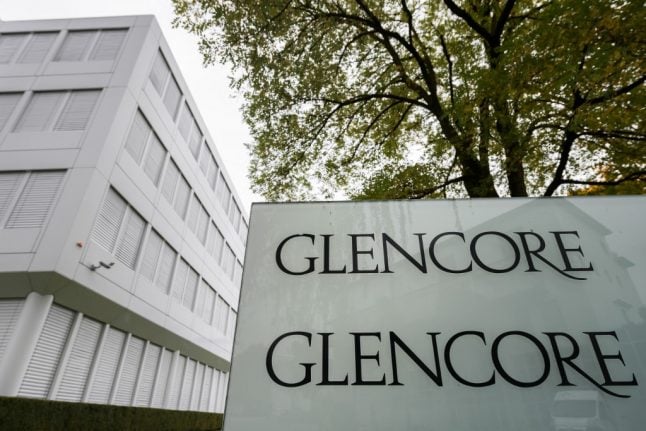After three weeks of suspense, the two companies headquartered in the tax haven of Zug, in central Switzerland, finally agreed on the terms of the long-delayed mega-merger to create "Glenstrata".
The general assemblies of both Swiss companies had been set to approve the blockbuster merger at the beginning of September but the deal ran into major resistance from several Xstrata shareholders demanding better conditions.
Qatar Holding, which is wholly owned by Qatari's sovereign wealth fund and is the single biggest shareholder in Xstrata with more than 12 percent of its shares, had led the opposition.
The opposition forced Glencore to raise its offer, giving Xstrata shareholders 3.05 — up from the previous bid of 2.8 — new Glencore shares for every existing stock, which the companies said represents a 17.6-percent premium on the price of the miner's shares before the merger bid was announced in February.
Xstrata and Glencore want shareholders to vote so that the combined company, with a market capitalisation of about $86.6 billion and with a combined turnover of $209.4 billion, can come into being by the end of the year.
If the merger goes through, "Glenstrata" will become the world's fourth-biggest commodities company in terms of market capitalisation, after the British-Australian BHP Billiton, Brazilian Vale and British-Australian Rio Tinto.
The merged company "will fuse the respective strengths of the two companies into a unique, vertically integrated natural resources group," Xstrata chief executive Mick Davis said in a statement.
Two major points of contention were ironed out with Monday's deal.
The bickering over who will head the new entity had been resolved previously, with Xstrata chief executive Mick Davis set to lead the combined company for its first six months and then step aside to be replaced by Glencore's Ivan Glasenberg.
But the revised deal also ensures that Xstrata preserves its majority on the new board, with an Xstrata executive set to take over the position held by Davis as the merged group's executive director.
"Xstrata would therefore continue to control the board with its six directors … versus Glencore's five directors," the Jefferies consultancy said.
Another key disagreement that had threatened the deal was the massive retention payments, totalling £173 million (216.9 million euros, $279.2 million) for 73 Xstrata executives,to ensure they remain with the merged company.
According to the revised deal though, the bonuses will no longer be mandatory for the tie-up to go through and Xstrata's departing chief executive will no longer receive a massive payout.
Shareholders are to vote on the retention payments, and the directors of the companies recommended that shareholders back the incentives.
"Without the ability to retain key Xstrata managers to run the combined group's mining operations through the Revised Management Incentive arrangements, the independent Xstrata non-executive directors believe that the value proposition of the combined entity is at risk," Xstrata non-executive director John Bond said in a statement.
However, he added, "we have decided to decouple the resolution to approve the merger from the resolution to approve (the bonuses)… This will, we believe, enable shareholders to vote in line with their convictions in respect of retention arrangements without influencing their voting intention on the (merger)."
Glencore chief executive Glasenberg said "their commitment is vital as we look to capture the full synergy and value creation benefits of the transaction and realise the potential of both companies' strong long-term organic growth plans."
As for whether the new deal has shareholder backing, no comment has yet surfaced from Qatar Holding, which earlier this month said it had not decided on whether to back the deal.
Bond meanwhile said the board had "consulted with our major shareholders and taken their views into account," leading Societe Generale to note that as shareholders had been consulted on the revised deal, "it is clear to us that Qatar is supporting the transaction" this time round.
Analysts were exuberant about the pending deal, with Moody's saying the merger would create "a unique trading and mining group on a scale never seen before."
It added: "If the combination proved successful it could put pressure on peers to develop trading arms to better compete with Glencore/Xstrata."
Xstrata shares rose by 3.04 percent to 986.6 pence in early afternoon trading on a slightly higher London stock exchange, while Glencore shares were up 0.70 percent at 345.5 pence.


 Please whitelist us to continue reading.
Please whitelist us to continue reading.
Member comments